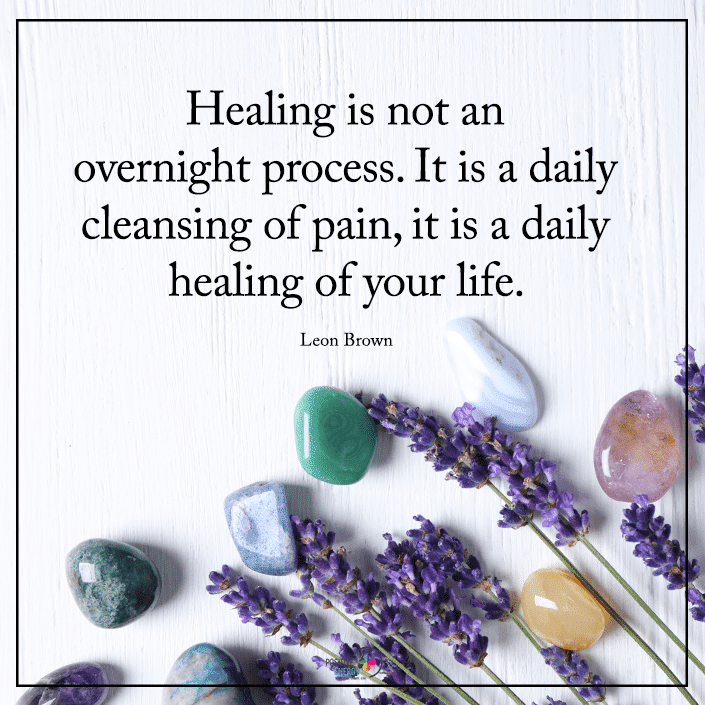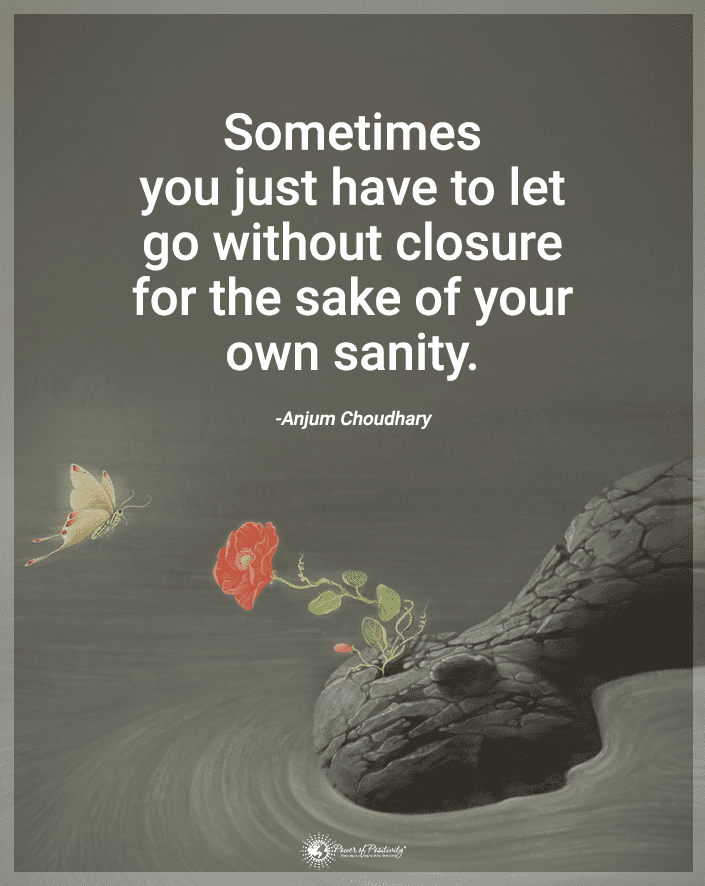Sleep loss because of worry is common. Besides losing sleep and exhausting you, worry kicks up your heart rate and makes your mind swirl with thoughts. Here are ways to beat insomnia if you struggle with sleep loss because of worry.
What’s the difference between worry and anxiety?
You probably didn’t worry too much about your life as a kid. But once you hit adulthood, worry is an unwelcome guest, especially at bedtime. Worry is feeling very concerned about problems or situations. You might worry about your health, family, job, or other things beyond your control.
Worry is:
- Specific
- Stress-induced
- Your thoughts are non-stop
- May prompt you to do something
- Related to a genuine concern
Even though worry is specific, it may be out of your control to do anything. Worrying becomes a big problem when it causes sleep loss.
Anxiety is a little different than worry. It lingers long and is hard to control. It may come out of nowhere, unrelated to anything around you. Anxiety also:
- Triggers a physical response like a racing heart, headache, or nausea.
- You have a perception of your circumstances related to your stress.
- Interferes with your ability to work, school, or daily life
- Usually need therapeutic intervention to overcome it
Ten Ways Worry Can Cause Sleep Loss and Ten Ways to Beat Insomnia
Now that you know the difference between anxiety and worry, let’s examine why you might be sleepless.
1. Worry follows you to bed
If you’re a worrier, there’s a good chance you don’t sleep well at night. This is because your worrisome daytime thoughts get carried over into the night. They keep you from falling into a deep sleep. If you do get to sleep, you may not stay asleep the entire night. Your worry and anxiety act like an alarm system, waking you up as if there is danger. Nighttime concerns feel more intense than daytime worries. Once your head touches the pillow, your brain magnifies the problems you may have thought about during the day. If your day was busy, you might not have dwelt on your worries too much, but you rehash those daytime worries at night.
2. Worry sets you up for negativity
Sometimes, going to bed is dreadful because you know you won’t be able to sleep. Bedtime becomes a negative experience that increases your worry and leads to anxiety. You may dread laying in bed trying to fall asleep, knowing you will be tired at work the next day.
3. Worry makes you fear focused
Worry is usually about bad things that could happen to you or a loved one. What you’re worried about hasn’t occurred, but the expectation of it happening makes you worry. The things that adults worry about the most are these:
- Having a loved one die
- The critical illness of someone you love
- Fears about children
- Fears about keeping their job
- Not having enough money to retire from your career
- Medical bills
- Becoming critically ill
- Terrorism
- Government corruption
- Civil unrest
- Failing
4. Sleep reactivity and worry
Some people have what researchers call sleep reactivity. It’s a trait that disrupts your sleep, so you can’t fall asleep or stay asleep. People with high reactivity experience sleep loss, mainly when stressed or worried. Family history contributes to insomnia. Being female and living in a stressful environment also makes you prone to sleep reactivity.
5. Medical conditions can cause fear
If you worry long and hard enough, you may develop an anxiety disorder. Anxiety stresses your body, triggering the release of excessive cortisol. Loss of sleep combined with anxiety can lead to health problems. Conditions such as these:
- Thyroid disease: Hypothyroidism where your metabolism slows
- Addison’s disease
- Heart disease: Anxiety disorders can cause rapid heart rate, palpitations, and chest pain.
- Diabetes
- Respiratory conditions such as asthma
6. Worry makes you eat more
When you’re sleep-deprived, you feel groggy and tired throughout your day. Studies show that a lack of sleep is associated with a higher risk of weight gain and obesity. Lack of sleep combined with tiredness makes you want to eat foods for comfort and to get more energy. It’s easy to load up on carbohydrates because they give you a short energy boost.
7. Worry shortens your sleep hours
Losing sleep because you’re worried deprives you of the recommended hours of sleep you need every night. When you don’t sleep for at least seven to eight hours each night, it may cause these unfavorable outcomes:
- Not being able to do daily activities
- Not being able to make decisions as well
- Feel more stressed
8. Worry prevents sleep hormone production
Worry inhibits your body’s production of melatonin. When you’re worried, it activates your “fight” or “flight” responses and melatonin production. Melatonin is your body’s sleep hormone. When the production of melatonin slows down, you experience sleep loss.
9. Makes you feel more emotional
You’ll feel stressed when you worry. It keeps you awake. When you sleep poorly or if you’re overly tired from insomnia, it makes you more emotional. You don’t handle things well at work or at home like you usually would. You may get weepy or irritable over small things.
10. Wrong thinking about worry
Some people have a superstitious view of worry. They might think that the more they obsessively try to control the outcome, the less likely the wrong thing will happen. The fact is worry hurts your body. Left unchecked, it leads to anxiety and physical problems.
10 Ways to Beat Insomnia
How do you release your fears and get a good night’s rest? Try these techniques.
1. Let go of things you cannot control
Of course, you can’t get rid of all your stress, but when worry creeps up, create strategies that help you let go of it.
- Pray: Praying helps you relax. You can cast your worries of the day onto God. Ask him to help you find peace. Pray about your specific concern. When you give God your worries, it helps you feel less burdened and stressed.
- Make a worry list: Writing down your worries won’t solve them, but just getting them on paper or your iPhone notes frees you from carrying the concerns.
- Journal writing: Write about what’s worrying you. Then, write down things you’re grateful for despite the worries. It allows you to get perspective. Plus, writing down these thoughts is cathartic for your mind and heart.
2. Try magnesium
Take the magnesium supplement around thirty minutes before you go to bed. Only take the recommended dose to avoid stomach problems.
3. Take the correct amount of melatonin
Melatonin is a hormone. It helps you fall asleep and stay asleep. Be sure to follow the recommendations on the bottle. If you take too much melatonin, it’ll keep you awake. Generally, around five mg of melatonin is enough for an adult to get a good night’s sleep.
4. Read a not-so-interesting book
Reading is a natural way to relax before bed. Researchers say that reading fiction helps you fall asleep faster than non-fiction. Some of the best fiction books to put you to sleep are old classic authors that you probably read in your school days. So, pick up a book by one of these authors to see if it helps you beat your insomnia:
- John Steinbeck
- James Joyce
- Ernest Hemingway
- Thomas Hardy
- William Faulkner
- Joseph Conrad
5. Try breathing relaxation exercises
If you wake up at night unable to sleep, get up and go to another room. Try some breathing exercises to calm your stressful tension. Deep breathing will help clear your mind and help your body to relax. After this, go back to bed if you feel tired. If not, keep doing the relaxation breathing until you feel sleepy.
6. Listen to a story
Even though you’re an adult, listening to a bedtime story may be what you need to fall asleep at night. Sound interesting? Try falling asleep while listening to an audiobook, or check out some popular smartphone sleep apps.
7. Check your medication side effects
If you take medication regularly, check the list of side effects to see if insomnia is one of them. If you take medication, speak with your prescriber if you have insomnia. Your prescription might need to be adjusted.
- Alpha-blockers: Alpha-blockers are a blood pressure medication. This medication decreases your REM (rapid eye movement) sleep. Lack of REM sleep causes memory problems.
- Beta-blockers: This blood pressure medication can wake you up at night. Beta-blockers prevent your body’s melatonin secretion, which helps you fall asleep and stay asleep.
- Corticosteroid: This medication helps various physical problems but can overstimulate your mind to the point where you can’t sleep.
- Levothyroxine: Levothyroxine treats your underactive thyroid gland (hypothyroidism). It controls your metabolism and energy levels. However, too much medication impacts your ability to sleep.
8. Trick your brain
If you’re having difficulty falling asleep, get up and try a relaxing activity like reading or gentle stretches. Go back to bed. You should drift off to sleep because you tricked your brain and broke the cycle.
9. Try calming essential oils
Essential oils help you relax and fall asleep at night. The best sleep-enhancing essential oils include:
- Sandalwood oil: Sandalwood is one of the most effective sleep essential oils. It enhances peaceful sleep.
- Lavender oil: Lavender infuses your mind and body with peacefulness.
- Chamomile oil: Try diffusing chamomile essential oils in your bedroom before bedtime for a peaceful night’s sleep.
10. Paradoxical Intention
If you’re losing sleep regularly, this suggestion could be a great way to beat your insomnia. A study found that individuals with insomnia fell asleep quicker when told not to fall asleep. It’s called the Paradoxical Intention. When you can’t sleep, telling yourself you don’t need to sleep reduces your anxiety, so you eventually fall asleep.
Final Thoughts on Sleep Loss Due to Anxiety or Worry
Sleep loss due to worry is a common problem. Worry makes your mind swirl, and your heart rate speeds up. It has adverse effects on how you view bedtime and harms your health. If you lose sleep every night because of worry, hopefully, these ten causes of insomnia and ways to beat them will help.





















